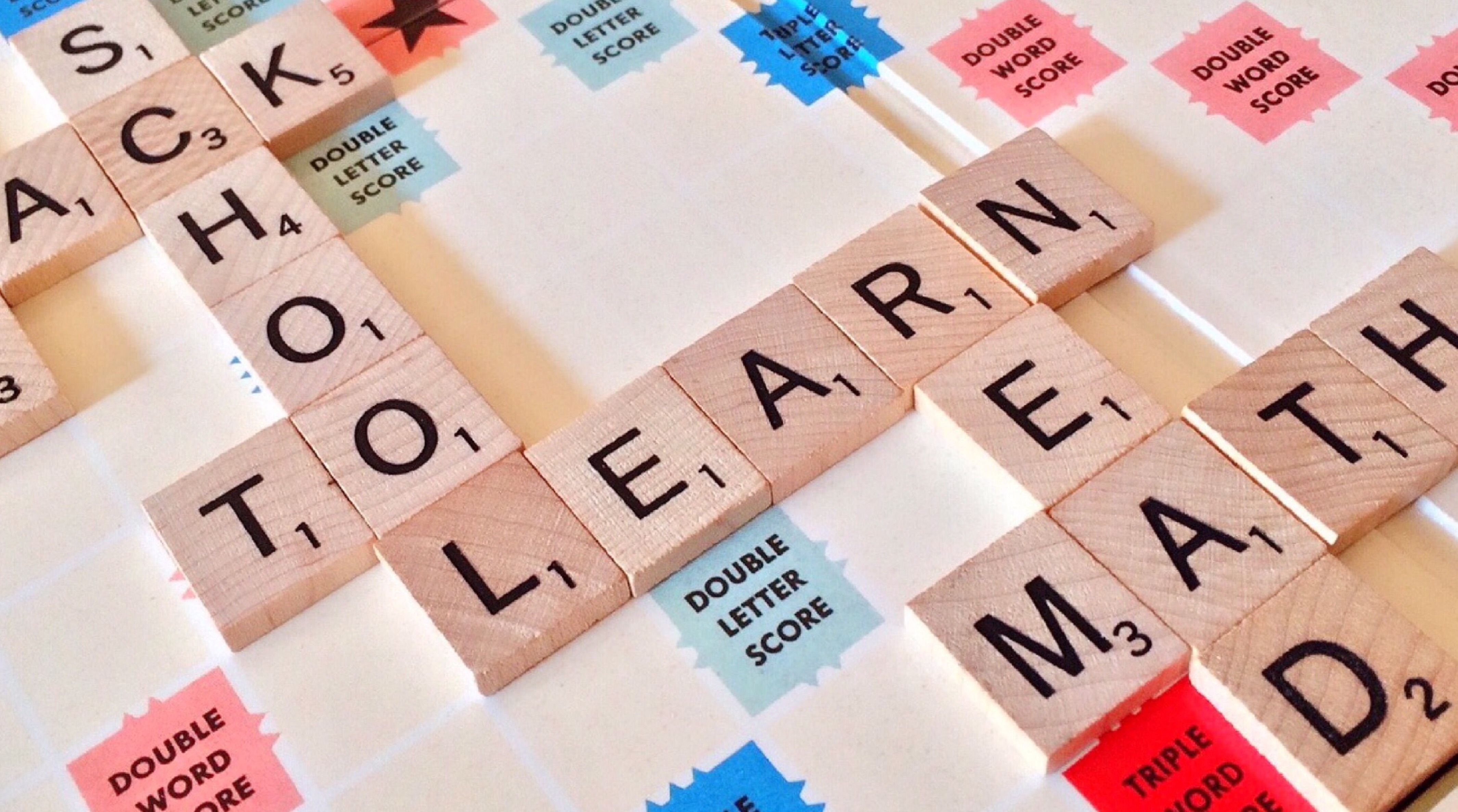This year feels different than ever before. I have finally realized: I am not limitless! 😉
I am a second-generation homeschooler—and an only child. My mom was an amazing teacher and it seemed like we did everything.
Life as a larger family has meant my kids have many advantages in the form of their built-in siblings that I didn’t have as a kid. They learn many things. They can do group work, and big projects. Sometimes they learn something better by explaining it to a younger sibling. Sometimes they can learn by each others’ insights. Many, many advantages.
And yet: I am a teacher of many, our own little one-room-schoolhouse environment, while my own student experience was with a 1:1 teacher-student ratio. I cannot teach the way my mother taught.
Here are the first two of six guiding points that I continually come back to as I homeschool our kiddos (currently 6th, 4th, 3rd, 1st, and preschool).
Foster independence.
Homeschooling preschool through first grade takes a lot of teacher time. There’s no way around it! Kids can’t read directions until they can… you know, read. But as a mommy when I have seven kids nine-and-under wandering around, I can’t take two hours for each kid one-on-one to do their school. Not if I still want to sleep, or to feed anybody dinner! So, from the very beginning, this is a major priority: work towards independent learning. Initially, this is impossible. With some kids, it remains impossible for longer than others! But it is something I consciously have in the back of my mind at all times, and I try to encourage them to try to do it yourself before asking me for help. If they ask me for help—“did you read the lesson?” “did you read the directions?” “did you try to do it?” Important questions! I also give them rewards and incentives. And also, “I will gladly help you, but I want you to try it by yourself first. I want to see you try.” Magic words.
There is, however, an important balance here: I have to be available for questions, and make it crystal clear to them that I am available for questions. Otherwise, you end up with empty workbooks and, “but, Mommy, I didn’t understand and you were busy!” Ask me how I know! 😉
Independent learning is a great skill to have, so I have no regrets trying to impart it to our children… but there’s a balance. It does take attention to see how children are reacting to independence. How responsible are they with their work? With remembering to ask questions when they need to? Do they need pushed toward more independence, or do they need reminded to stay in close? Most importantly, how does the child deal relationally with independence? We have some children who really benefit from quality time—whose learning ability absolutely skyrockets when they are sitting next to us one-on-one. It’s important to notice that and be intentional about that quality time to make sure it still happens.
It’s also good to consider the best way to implement a specific curriculum for independence. Sometimes all the instructions are right there in the lesson for the pupil to read, and they really only need help if they don’t understand something (more on this in part 2!)… other times they might need some real, dedicated instruction before setting out on their own part of the learning quest.
Plan check-ins.
When you’ve got kids learning independently, there is one area that is bound to turn into trouble: they can get off-track, and you can miss it. Sometimes kids won’t tell you they don’t understand, and plow ahead anyway. Sometimes they think they understand, so they go on. Sometimes they’re doing fantastic, but would still benefit from you noticing it and encouraging them!
So it is necessary to check in. Every subject, every kid. Regularly. What it looks like may be wildly different from one kid to the next: with our oldest (who excels at independence and enjoys it), I mostly only check her output, that is to say, I read the papers she writes, and for many of her subjects, I make sure she does the quizzes/tests and I check them, myself. I mostly don’t check her daily work. She is motivated and capable and, importantly, she usually does actually come to me and ask questions if she isn’t sure she’s understanding something correctly. So it’s rare that she gets off-track. With her younger siblings, depending on the subject and the kid, I may check the quizzes (most of our subjects have a quiz every week or so), or I may actually check every single day’s work so I can provide more immediate feedback. Worst-case scenario, they get to sit next to me at the school table and I keep a sneaky eye on them through the entire subject (or even the entire school day).
It varies. But regular check-ins are essential. Think about how often each child needs a check-in, and on what subjects, and actually write it on your calendar, unless you’re relying on a periodic check like quizzes. Not only do regular check-ins prevent your school year from getting seriously off-track, but they teach accountability: your child knows they are going to be called to account for what they have done. This also teaches them responsibility and honesty—sometimes the hard way! If I find out someone has been shirking their work, and not for a good reason, they make it up… specifically, they make it up at a time that they would have otherwise been free… on the weekend, in the evenings, etc. I try to be kind about it (no missing exciting outings or guests) but also insistent enough that it is a drag that they don’t want to repeat again. Or I’ll remove other privileges (like computer time) until they get their work caught back up to where it should have been.
Importantly, regular check-ins also help make sure I am aware of how they are doing. What is their learning style? How are they coping with this new curriculum? What is not working? How can we fix problems and make everything run more smoothly? It’s a chance to sit back, give them my full attention, and see what I might need to be doing differently.
Coming in Part II…
In two weeks, Lord willing, I’ll be coming back to this subject to add four more things that I’ve found crucial to large-family homeschooling… including thoughts on choosing curriculum, knowing our kids, spending quality family time together… and other things.



